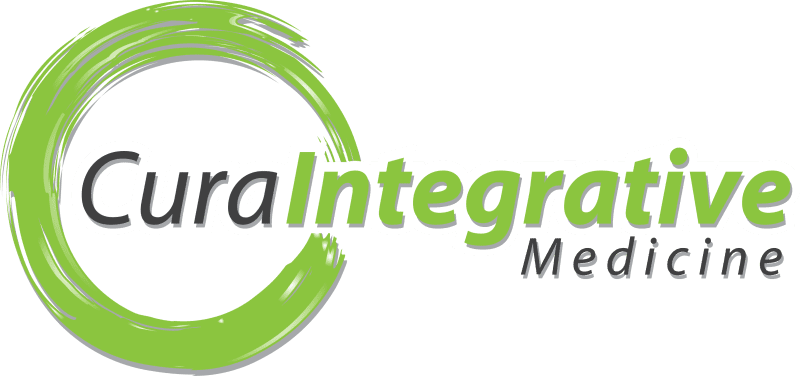Koji is a less known superfood found in a variety of macrobiotic foods. Containing Aspergillus oryzae, koji is used to make foods such as miso, amazaki and tamari. Read More…

Finding Joy Amongst Depression
Posted 18 Jul '22
If you have been diagnosed already with Depression, the number one priority is to prevent it progressing to a worse state. And ideally moving to a better state would be more advantageous and regaining your JOY in life!
The first step to addressing depression is to score the severity and seek the appropriate help. Mild or moderate depression is of course much easier to address than severe depression which needs to be carefully monitored by a team of practitioners such as psychiatrists, family support and perhaps temporary pharmaceuticals to keep the patient safe from harm.
Tools For Assessing Severity of Depression
Normally doctors or psychologists will use a psychometric assessment such as the DASS
scale or Kessler Psychological Distress
questionnaire
to rate the severity of depression in a patient.
Naturopathy, Functional medicine and integrative medicine is fantastic for holistically helping patients with depression when it is
caught early. Severe depression though needs to be managed by multiple practitioners and usually some form of psychiatrists to prevent
physical harm or even worse. If you are having recurrent thoughts of death or suicidal ideation, it is recommended you seek immediate
medical assistance before scheduling an appointment at Cura.
Natural Support for An Integrative Medicine Approach to Depression
Support for patients with depression is normally broken into 3 main stages for the most effective support. The first stage is to
address acute symptomatic mood support in an attempt to assist stabalising and uplifting the mood.
Core support will aim to synergetically lift the mood and improve the DASS or Kessler Psychological Distress score within the first
few weeks of natural medicine, diet and nutritional support.
If you are taking pharmaceuticals or not, natural support will work together with your current regime to improve underlying factors to
function more effectively.
Managing Co-morbidities in Depression
Normally patients struggling with depression will have other underlying health issues which are magnifying the feeling of low mood. Acute
or chronic stress is the most common condition patients experience before developing feelings of depression.
Prolonged stress can be caused from family stress, financial stress, chronic health issues such as pain or even psychological stress
such as anemia or chronic inflammation.
Insomnia can also be a condition experienced along side of depression. Lack of sleep eventually catches up with patients as they have
to "run on empty" at work or during regular day-to-day activities. Eventually this leads to "burn out".
Considering Underlying Drivers in Depression
Naturopathic medicine always looks to identify underlying drivers in disease and then attempts to correct them. If a patient does not
address chronic stress, insomnia or nutritional deficiencies, for example, depression will never really have a chance to truly be
overcome in a patient.
The following are the most common underlying drivers in depression.
1. Nutritional deficiencies
A high demand of nutrients are required for the central nervous system and the production of neurotransmitters such as serotonin or GABA.
Adequate nutrition is also required for optimal digestive function and repair of oxidative stress in the body.
2. Microbiome changes or Digestive problems
The microbiome has a pivotal role in absorption of nutrients, immune modulation, removal of waste and major influence on neurotransmitters in the body. It is commonly referred to as the second brain but in actual fact could be referred to as THE brain due to the abundance of neurotransmitter receptions in the gut.
3. HPA Axis Dysregulation and Chronic Stress
Prolonged periods of stress normally result in hypercortisolemia and reduced inhibitory neurological feedback. The body needs periods of
rest and time to recover from periods of stress and recalibrate the nervous system.
4. Hormone Dysfunction
Hormones such as insulin, oestrogen and testosterone are used by the body to feedback alterations necessary for keeping the body in a state
of equilibrium. If they become altered and fluctuate outside of what could be considered "normal", the flow on effect can worsen
depression
5. Inflammation and Oxidative Stress
Inflammation and oxidation results in abnormal brain function, changes in immune function and impaired neuronal signalling. Chronic
systemic inflammation requires a higher abundance of nutrition too to address oxidative stress in the tissue.
If you are struggling with depression and want to address it with a holistic approach, we can help. Get in touch and take control of
your health and wellness now.





